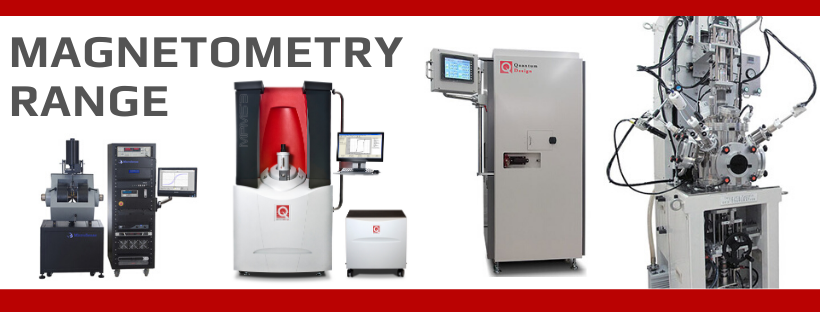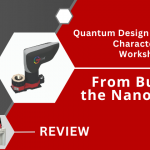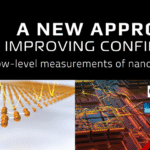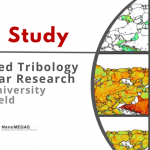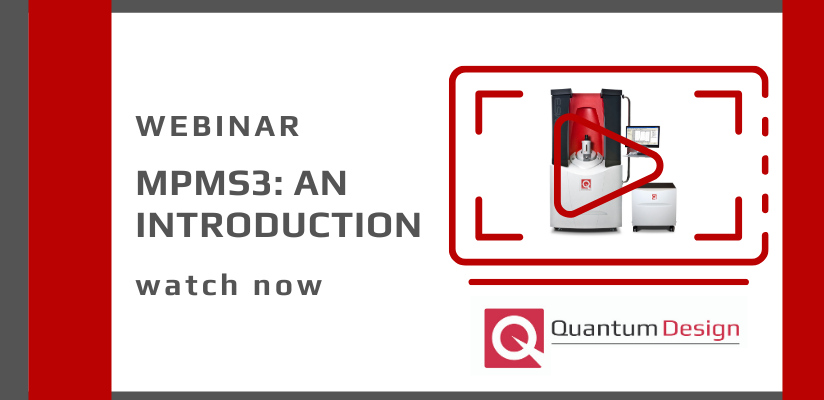
Learn more about our MPMS 3 SQUID magnetometer.
This is another presentation in our continuing series devoted to existing measurement capabilities. Hosted by Quantum Design USA’s Applications Scientist, Dr. Randy Dumas.
MPMS 3 Webinar Topics
- MPMS 3-Improvements Over Prior Generations
- Sample Transport
- Temperature Control
- Magnetic Field Control
- SQUID Sensitivity
The first part is primarily intended for current MPMS-Classic and MPMS-XL users and highlights the significant design/engineering improvements of the MPMS 3 over prior generations. That being said, current users will also learn a few things.
- DC Scan vs. SQUID-VSM Detection Modes
Covering topics aimed at both future, and current, MPMS 3 users. In particular those users who did not opt for the SQUID-VSM detection mode in their MPMS 3. This section is not only intended to explain what the SQUID-VSM mode is and how it works, but also meant to demonstrate just how superior it is to the traditional DC Scan mode.
- Improving Measurement Accuracy
- Sample Size and Shape Effects
- Remanent Magnetic Field Issues
- Background Subtraction
This part is primarily geared towards current customers and specifically addresses three topics which we have found many customers are not aware of.
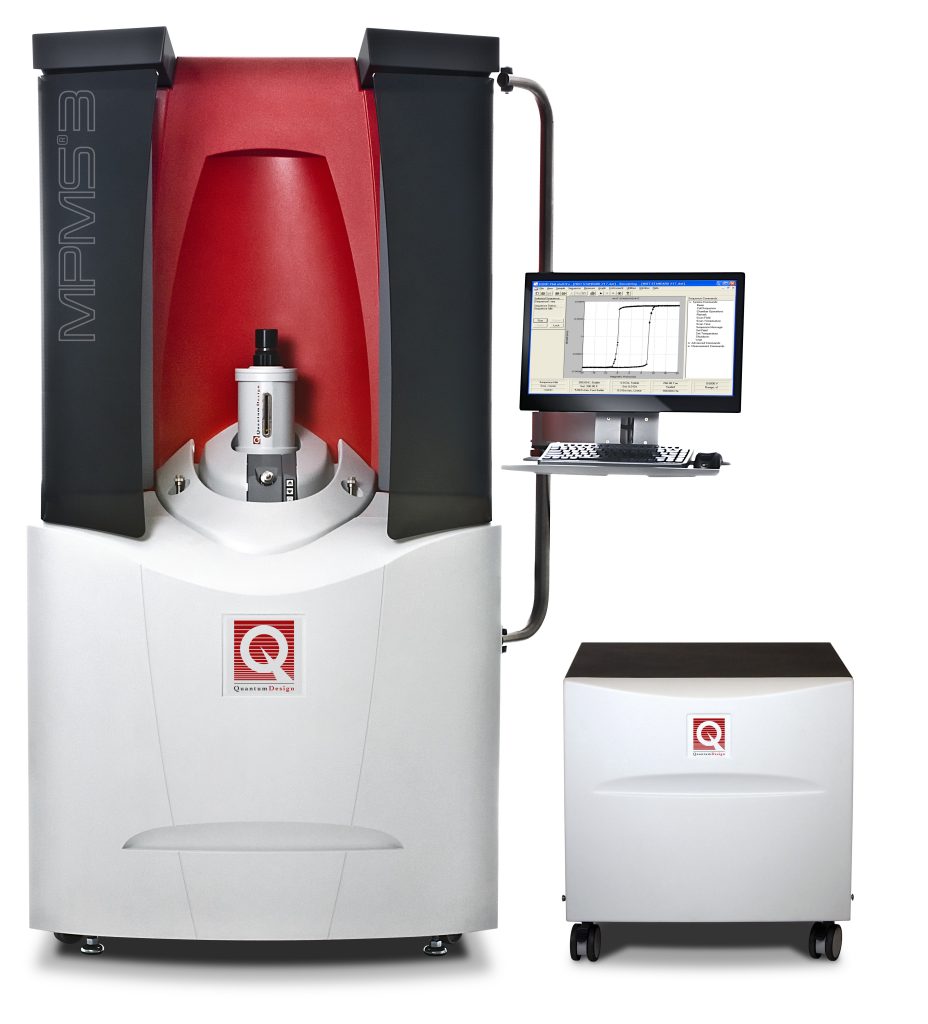
Quantum Design’s MPMS 3 provides users with the sensitivity of a SQUID (Superconducting Quantum Interference Device) magnetometer and the choice of multiple measurement modes, the MPMS 3 offers new levels of performance in magnetic research while including those aspects of past Quantum Design SQUID magnetometers that customers have grown to appreciate and depend on.
Presented by Randy K. Dumas

Randy Dumas is an Applications Scientist at Quantum Design. He received his Ph.D. in 2009 from the University of California, Davis on the topic of reversal mechanisms in magnetic nanostructures. As a postdoctoral fellow at the University of Gothenburg, Sweden he studied next generation magnetic and spin wave based data storage and processing paradigms. Randy joined Quantum Design in August 2016 and his speciality lies primarily in magnetic characterisation of both fundamentally interesting and technologically relevant materials.



